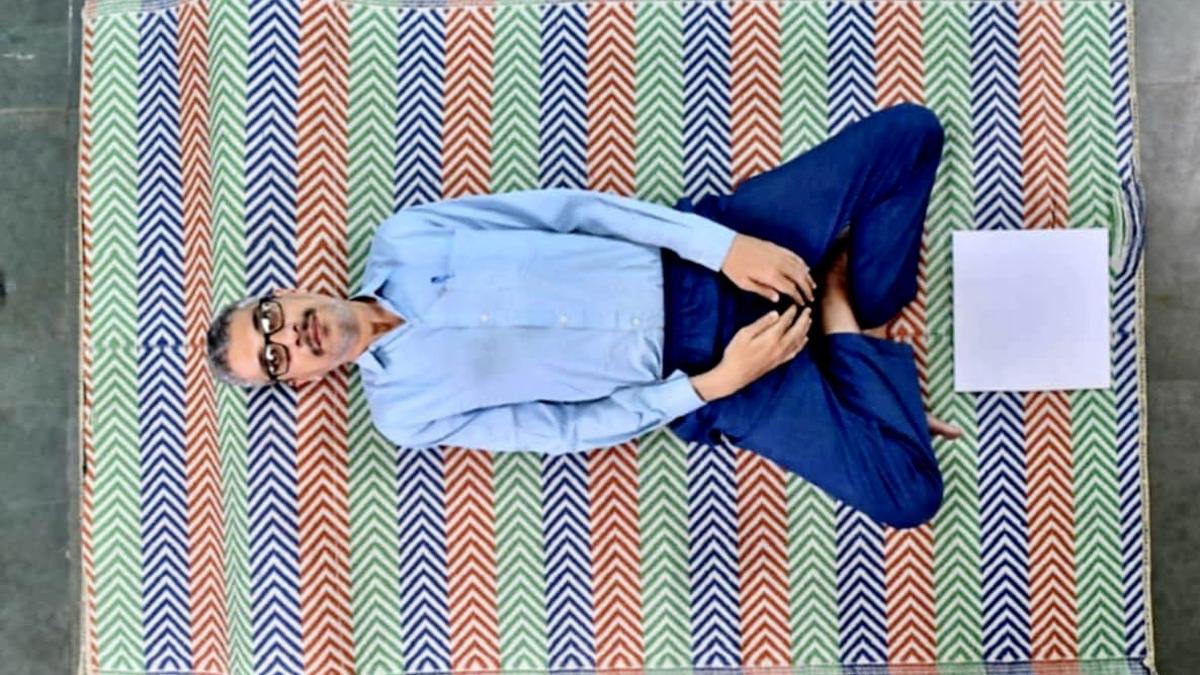
Kolkata-based NGO hopes to bridge the gap between ‘them’ and ‘us’
The Hindu
An NGO challenges stigma around mental health through authentic storytelling at a unique event in Kolkata mall.
A leading NGO working with mental health is to hold a five-day event that intends to destigmatise people with psychosocial disabilities — bridging the ‘us and them’ divide — by bringing their stories, spoken in their own words, to the general public.
“It is about telling stories of people who are languishing in institutions, abandoned by families. Usually, their stories are appropriated by psychiatrists, social workers and activists, rendering them to be as ‘cases’. This project has changed us in how we listen to their stories, ethically without editing and giving them the authorship. This project challenges the hegemonic understanding of storytelling,” Ratnaboli Ray, founder of the NGO Anjali, said.
The event, titled Mad Stories, will be held at the South City Mall from March 31 till April 4. When visitors arrive at the mall, pictures of the ‘cases’ will be placed on the floor of the mall’s foyer; these will be accompanied with QR codes, which will provide access to the thoughts of the individuals with psychosocial disabilities. The NGO hopes that these allow the ‘cases’ to tell their stories in their own way.
“What we often label as ‘madness’ can also be considered a world of alternate realities. It is important to reclaim the word ‘mad’ in order to challenge the notions of stigma and illness associated with it. ‘Madness’ today is used by activists as a term celebrating the identities and experiences of such people,” Ms. Ray asserted.
The large installation on the foyer of this south Kolkata mall, curated by artist Sumantra Mukherjee, will also include a Christmas tree with discarded clothes hanging from it, the message being that people with psychosocial disabilities are usually given such clothes to wear.
According to Ms. Ray, there can’t be a better way of connecting two people than storytelling, which she sees as a process of asserting the ‘self’ and experience through language.
“Losing ownership over one’s story is very common among people with mental health conditions. Their stories are usually narrated by other people such as family members, community members, doctors, nurses and social workers. While we tell the stories of others, it is important to acknowledge that much of it can be lost in the process of translation and representation. In case of people with mental health conditions, while narrating, we often impose our sense of ‘reason and rationality’ in order to make meaning out of their experiences. This narration often falls short of being completely ‘ethical’ robbing people of their own language, their own authentic voice,” the founder of Anjali said.

 Run 3 Space | Play Space Running Game
Run 3 Space | Play Space Running Game Traffic Jam 3D | Online Racing Game
Traffic Jam 3D | Online Racing Game Duck Hunt | Play Old Classic Game
Duck Hunt | Play Old Classic Game











